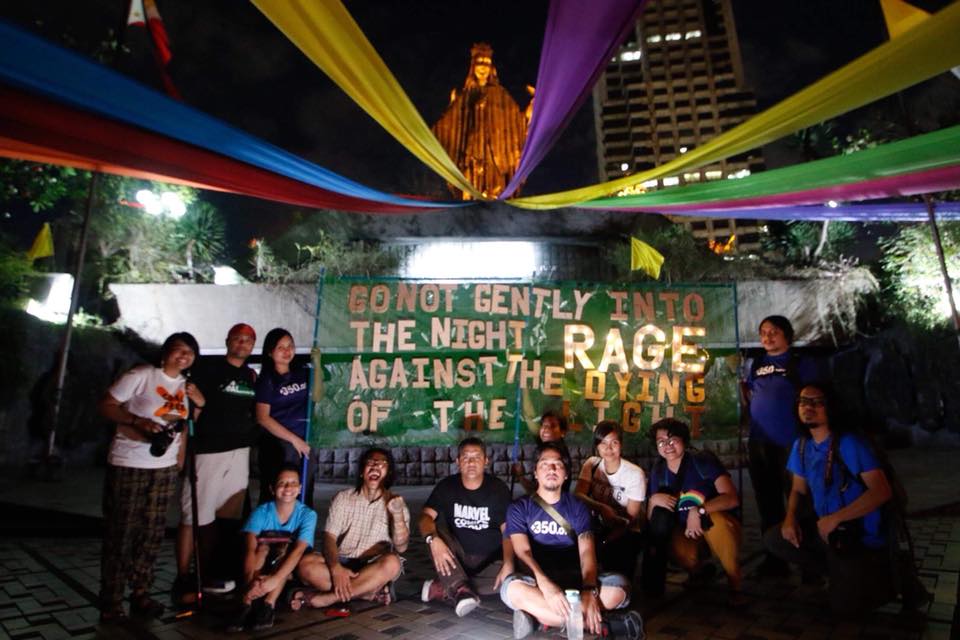Chuck Baclagon
The EDSA People Power Revolt, which unfolded on the streets of Manila from February 22 to 25, 1986, stands as a testament to the power of collective action and the resilience of the human spirit. What began as a peaceful demonstration by millions of Filipino civilians soon grew into a momentous event that would change the course of Philippine history.
As we commemorate its anniversary, it’s important to reflect on its significance in today’s context. This event, which overthrew the Marcos dictatorship, was a pivotal moment in Philippine history. However, it also marked the beginning of a new era of elite democracy that has failed to address the root causes of our current crisis.
Today, as we face a world where facts are manipulated, justice is sidelined, and dissent is demonized, it’s easy to question whether EDSA failed us or if we failed in living up to its promise. I believe it’s a bit of both. While we must move beyond the nostalgia of EDSA, we must also acknowledge our collective failure to uphold its ideals and prevent the resurgence of oppressive ideologies.
The EDSA People Power underscores the pivotal role of social movements, as it symbolizes the convergence of various intersecting struggles. The anti-Bataan Nuclear Power Plant campaign, for instance, highlighted the perils of nuclear energy and advocated for its exclusion from the country’s energy agenda, aligning with the broader movements for democracy and sustainable development at the time. Similarly, the indigenous peoples’ fight for self-determination reflects a larger context of diverse struggles within the Philippines for autonomy and self-governance, of minorities which were fundamental to the democratic movements of that era. Human rights advocates, shedding light on the regime’s human rights violations, mobilizing support for the opposition, and providing moral and logistical backing to the movement. Their efforts helped ignite public outrage and international censure of the Marcos government, ultimately contributing to its downfall.
The EDSA Revolution was more than just a change in leadership. It was a triumph of hope over fear. It showed the world the power of the Filipino people to unite and effect change peacefully, inspiring similar movements around the globe.
The lessons of EDSA remind us of the power of collective action and the importance of engaging in all aspects of nation-building. Democracy is not a passive exercise but a dynamic, participatory endeavor that requires constant vigilance and engagement.
It serves as a powerful reminder that we are not just observers, but active participants in shaping history. It challenges us to recognize and seize the opportunities presented by pivotal moments to demand the common good. More profoundly, EDSA teaches us the essence of humanity: to lead lives dedicated to serving and uplifting others. It is through acts of compassion and determination that we can truly liberate ourselves and dismantle oppressive structures. The spirit of nonviolence that permeated EDSA offers a stark contrast to the conflicts and wars of aggression happening today in many parts of the world, serving as a testament to the enduring power of peaceful resistance in effecting meaningful change.

Commemorating EDSA 6 years ago with 350 Pilipinas. Photo: AC Dimatatac
As we commemorate its EDSA , let us remember the lessons it taught us about the importance of standing up for what is right, even in the face of adversity. Let us honor the courage and sacrifice of those who made the prospect of that uprising successful and let us continue to uphold the values of democracy, freedom, and justice for which they fought.
